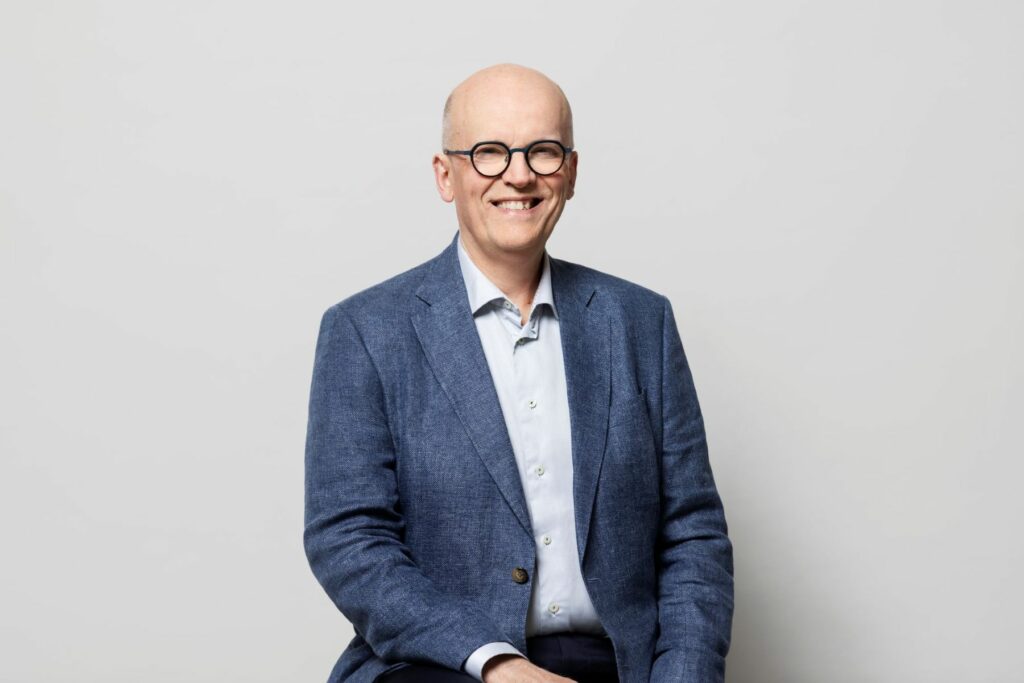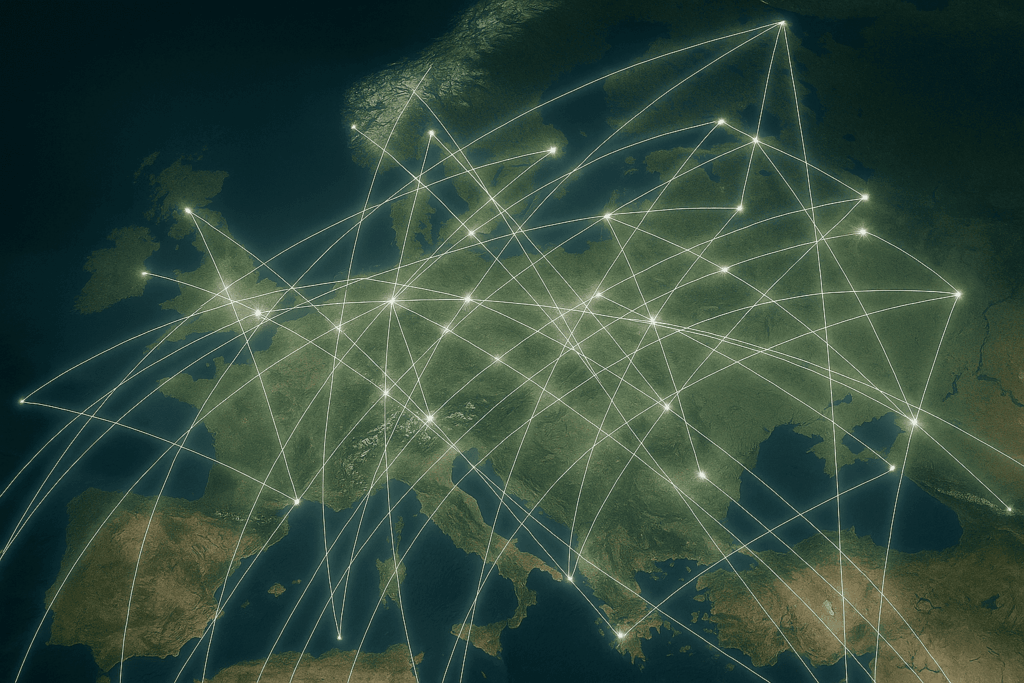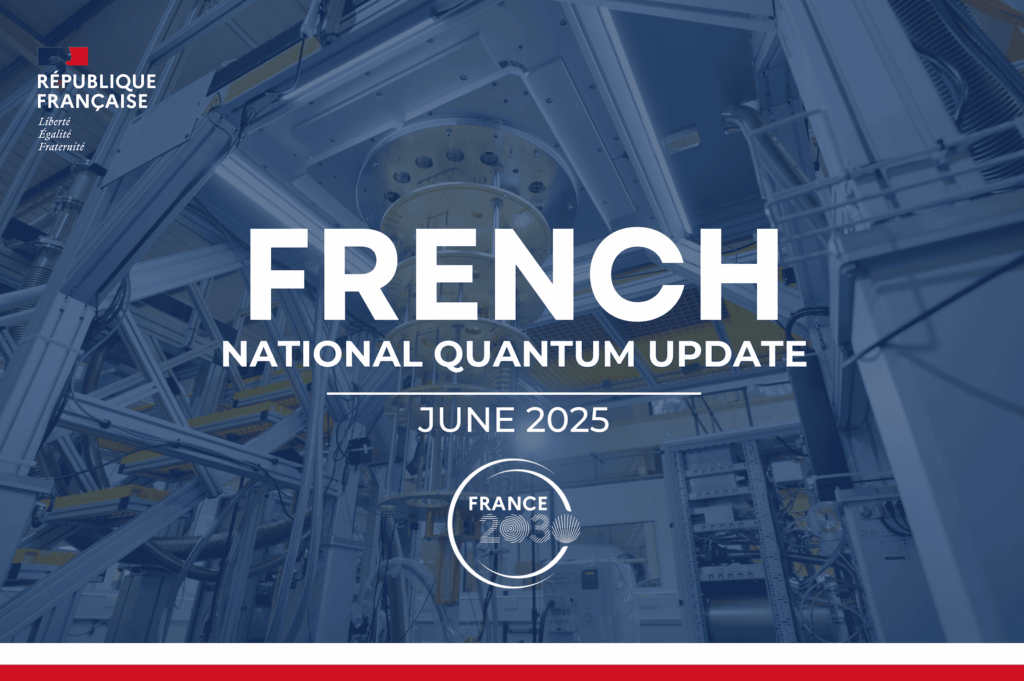
Right & Wrong
Here’s a question for the QC aficionados out there:
What’s the name of the first company ever in the quantum tech space?
For those of you who think it’s Canada’s D-Wave Systems — founded in 1999 — you’re right… as well as wrong.
For though it is technically, an argument could be made by another company, depending on the date their corporate papers were filed in that year.

Let’s talk about that contender first, shall we, MagiQ Technologies. Founded by Bob Gelfond in 1999, the Somerville, Massachusetts based company is known for releasing the world’s first commercial quantum cryptography product (Navajo) in the early years of the 21st century when such QKD offerings were a thing unknown.
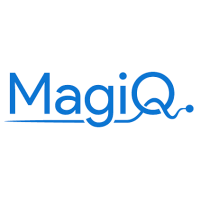
D-Wave Systems, on the other hand — for the people with their heads in the sand for the last two decades — was founded in the same year by Geordie Rose, Haig Farris, Bob Wiens, and Alexandre Zagoskin. A spinoff of sorts from the University of British Columbia (UBC) Department of Physics and Astronomy, it is the world’s first company to commercialize and sell computers that exploit quantum effects in their operation.
With those two, let’s call it a draw for the time being — for D-Wave Systems started out in hardware, anyway; while MagiQ’s IP went down the software route.
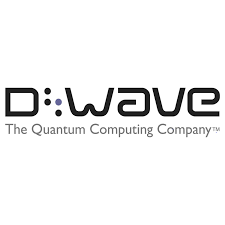
But I’m going to put a spanner in the works, just because I can: There are still two more:
Just imagine: Communist Fidel Castro becomes Cuba’s leader after overthrowing dictator and American stool pigeon Fulgencio Batista. Alaska’s named the 49th State while Hawaii becomes the 50th.
Guess the year?

It’s 1959 to all those who don’t and Oxford Instruments has just been founded by entrepreneur and engineer Martin Wood (who would be knighted some years later by the Queen) and his wife to manufacture superconducting magnets for use in scientific research. Known for being the first noteworthy commercial spinout from the University of Oxford and a pioneer in the development of magnetic resonance imaging, it was first listed on the London Stock Exchange in 1983.
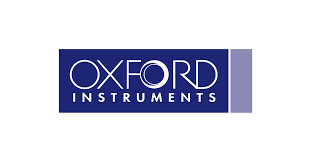
Since those days, Oxford Instruments has moved into quantum computing and is a growing player in the industry today.
It’s 1993 now. The clock has just struck midnight: Czechoslovakia ceases to be as the Czech Republic and Slovakia separate in the ‘Velvet Divorce’ in the east. Out west, David Koresh and his Branch Davidians lead the Waco Siege in Texas that ends in a fireball massacre. Later in the year Bill Clinton’s inaugurated as the 42nd US President.

But that’s of no consequences because in that year Bill Hollander, a former instrument specialist at JILA — a collaboration between NIST and the University of Colorado — founded High Precision Devices (HPD), now part of FormFactor. He started the company
with the idea of providing exceptional quality instrument development and manufacturing services to universities, government labs and private companies. From the beginning, HPD specialized in precision mechanical, cryogenic, optical and electronic instruments for cutting-edge physics research
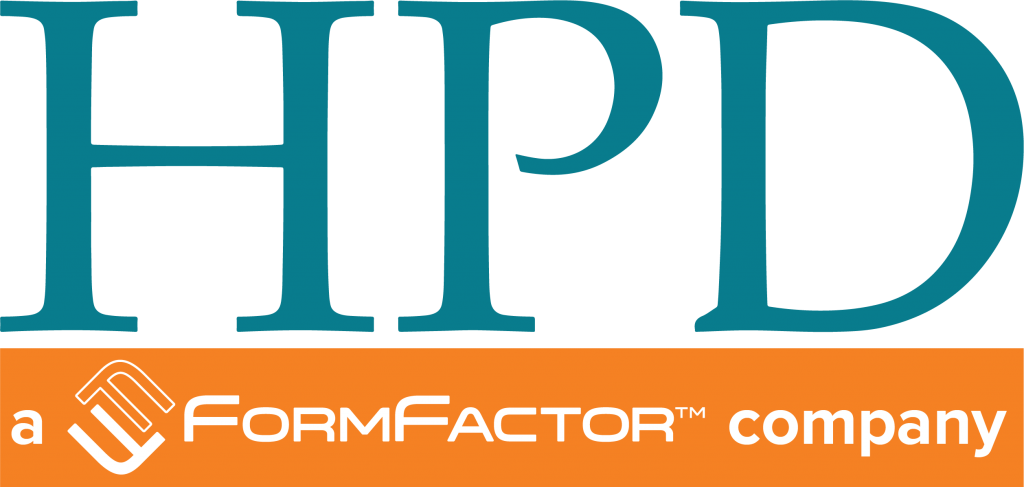
In early 2021, HPD’s (FormFactor) low-temperature cryogenic systems, laser components, vacuum and UHV system design, and superconducting magnetics engineering are definitely legit.
So far, we have D-Wave Systems and MagiQ Technologies vying for first spot. Those two, no contentions, have to be up there purely because they started with ‘quantum computing in mind’ — though if Geordie Rose et al want twelve rounds in an octagon with Bob Gelfond to sort out who was really first — I’m sure Dana White can organize a rumble.
In HPD’s and Oxford Instruments’ cases, who knows? We can’t deny Wood’s and Hollander’s legacies, but when they started their companies one is led to believe their focus was on instrument development and manufacturing of high-tech equipment. I don’t think either said: “C’mon, let’s start a quantum computer company”, that’s for sure. We could call these two ‘accidental pioneers’, though it doesn’t take away from what they’re doing today.
In case we argue about this thing until the cows come home, I think the overall prize should go to D-Wave Systems because it’s a hardware company (the most difficult to do) with a respected brand, a solid founder/research team and with a deep legacy within the industry.
The Descendants
Since the 2010s onwards the number of QC startups has really gone into overdrive. Before this, startup figures were, naturally, rather more pedestrian in tempo: government skepticism of investing in the industry — which stretched to the media coverage dedicated to the space— resulted in a general consensus that ‘quantum’ was a dead-end technological sector, too expensive and outlandish to really meet the needs of people.
Yet, there were founders out there with big cajones who ignored all the skepticism and pushed forward, starting their own companies that are still around today.
Here are a few:
NQCG, or the Nordic Quantum Computing Group, was founded in Oslo, Norway, a year after D-Wave Systems and MagiQ Technologies by Axel Mustad in 2000. On its way to developing hybrid quantum-classical and full quantum algorithms that are platform agnostic in superconducting qubits and photonic quantum computing, NQCG’s software focuses on applications for the financial services and industrial technology sectors.
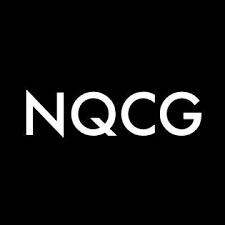
Covered in a recent TQD article entitled 61 Ice Hot Companies Transforming The Cryogenics & Alternative Cooling Systems Industries, Low Noise Factory (LNF) is somewhat younger than NQCG, having been founded in 2005 by Niklas Wadefalk. The Gothenburg, Sweden outfit manufactures ultra-modern cryogenic low-noise amplifiers and is now part of the EU funded project OpenSuperQ, whose intention is to build a quantum computer with up to 100 qubits within the next few years.
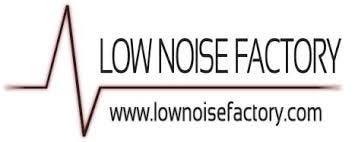
M-Labs (originally called Milkymist) was founded in 2007 by Sébastien Bourdeauducq. The company’s current project ARTIQ (Advanced Real-Time Infrastructure for Quantum physics) is what the company calls “a leading-edge open-source control system for quantum information experiments”.

2007 saw another startup come into being named ColdQuanta. Like Low Noise Factory, ColdQuanta got a brief mention in TQD’s cryogenics listicle. A spinout from the University of Colorado Boulder, ColdQuanta’s founders are Dana Anderson and Rainer Kunz. The company’s proprietary Quantum Core™ technology uses ultra-cold atoms cooled down to a temperature of nearly absolute zero by utilizing lasers to control the atoms with extreme precision.

The last startup pre-2010 to make it here is Post-Quantum (PQ). Founded in London in 2009 by Andersen Cheng, CJ Tjhai, and Martin Tomlinson, PQ is an expert in cryptographic signing and authentication, blockchain-based tokenized identity management and quantum-computing resistant encryption that serves clients across many sectors.

So there it is readers — let’s now look at the championship table:
1. D-Wave Systems (1999; legacy QC hardware)
2. MagiQ Technologies (1999; legacy QC software)
3. Oxford Instruments (1959; manufacturing superconducting magnet; ‘pivoted to quantum’)
4. High Precision Devices (1993; instruments for ‘cutting-edge’ physics research; ‘pivoted to quantum’)
5. Nordic Quantum Computing Group (2000; hybrid quantum-classical and full quantum algorithms; legacy quantum)
6. Low Noise Factory (2005; cryogenic low noise amplifiers; legacy quantum)
7. M-Labs (2007; open-source control system for quantum experiments; legacy quantum)
8. ColdQuanta (2007; ultracold atom-based components, instruments and turnkey systems; legacy quantum)
9. Post-Quantum (2009; quantum cryptography; legacy quantum)
So, technically speaking, Oxford Instruments is the oldest with High Precision Devices coming in second, though, in all honesty, D-Wave Systems and MagiQ deserve their places on the higher reaches of the podium.
Other honourable mentions could go to Qubitekk and Single Quantum, both founded in 2012, still relatively early in the game as far as quantum tech was concerned.
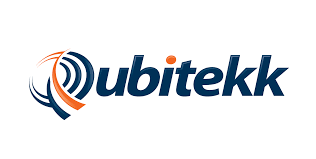
You will notice that I haven’t included any of the multinational companies on the list doing some serious work in quantum computing (QC) and quantum information science (QIS) like IBM (1911), Google (1998), Honeywell (1906), and Amazon (1994) for obvious reasons. Money is no object to success, and putting them here would have just defeated the object of the list — highlighting early companies that started off with the intention of changing the quantum commercial landscape. D-Wave Systems and Magi-Q definitely did that; Oxford Instruments and High Precision Devises (FormFactor) less so but still deserving their places in history.

FormFactor acquired High Precision Devices
Have we missed any out or got something wrong? If so, don’t hesitate to contact us at [email protected].
The Quantum Insider (TQI)
Just in case this list hasn’t satisfied your cravings for data on the oldest QC companies out there or if you wish to find out the years a whole host of startups etc were founded, you can pop on over to The Quantum Insider (TQI), TQD’s very own data platform, where you can find deep and insightful data on all aspects of the QIS industry.
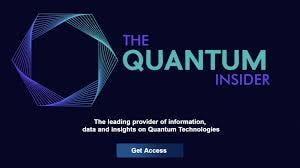
For more market insights, check out our latest quantum computing news here.











